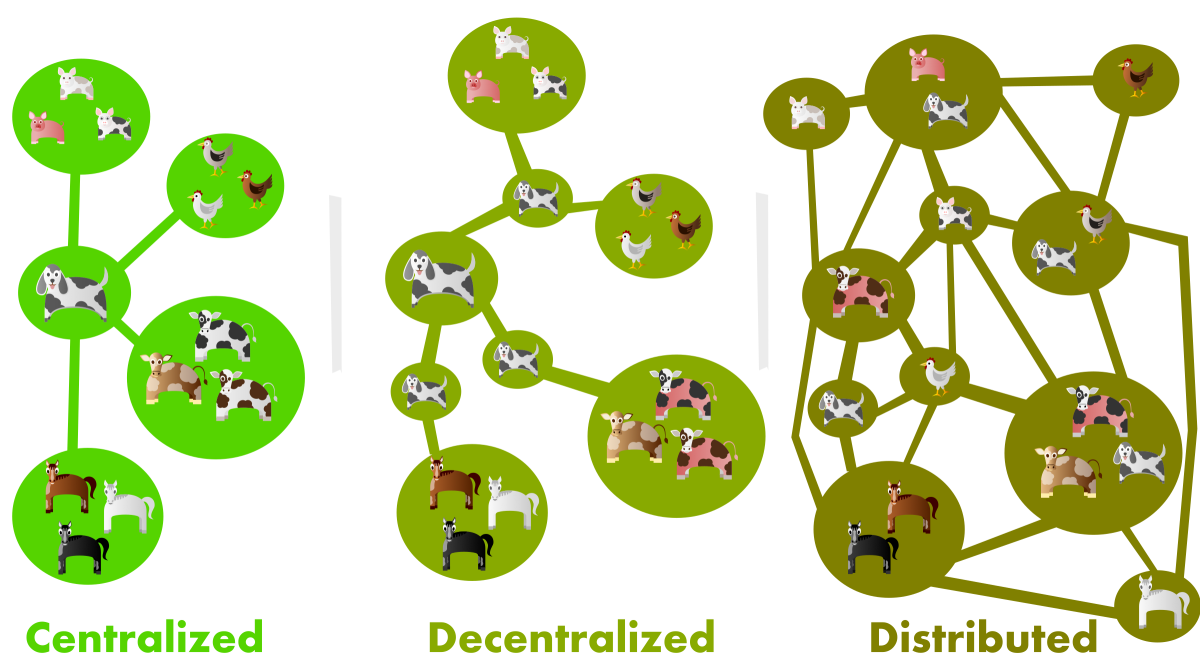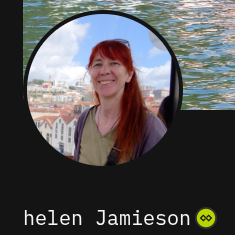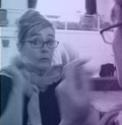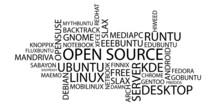Something to do when there's nothing to do
When I was a kid, there was a book in our house called "Something to do when there's nothing to do." It was written for parents and contained suggestions, activities, and ideas for how to respond when the children whined, "I'm bored! There's nothing to do!" The lesson I learned from this book is that there is always something to do - whether we are just bored, or when we are overwhelmed with helplessness and despair in an increasingly insane and fightening world. There is always something we can do.
As artists, we can continue to work. We can create work that calls out injustice and imagines a better world, and share that work with our networks and communities. When despair numbs us to the point that we can't create, we can pay attention to others' work to find support and solidarity.
Outside our creative work, the many other acts of resistance we can do will depend on our individual circumstances and capacity. One thing that has felt fundamental to me is to withdraw support as much as possible from the multinational corporations and tech oligarchs that are not only driving so much of this current chaos but also profiting from it. Under the guise of harmless convenience, these proprietary platforms gather and monetise our personal data; spy on us and track our digital and physical movements; and flood us with misinformation, conspiracy theories and AI slop that is designed to make us feel overwhelmed and helpless (they're also quietly throwing out their emissions targets to feed energy-hungry AI projects, but that's another story). We have become enslaved in a web of corporate technology that is now overtly pushing a right-wing agenda, but we do still have choice in how much we collaborate with or reject it.
Following Meta's announcement in January that it was ceasing fact-checking and abandoning its diversity policies, I became one of many many people to leave Meta's platforms Facebook, Instagram and Whatsapp. This was easy for me as I never used Facebook as myself, and barely used Instagram. Before I deleted Whatsapp from my phone, I invited my contacts there to use Signal instead; many were already, and nearly all of those who weren't were happy to switch.
Start small
I know that many of you will find it difficult to leave social media platforms where you have invested a lot of time to build a presence and gather followers. If you are going to keep supporting those companies, here are some tips to at least make yourself and your data less valuable to them:
- clean your phone: don't use apps such as Messenger, Whatsapp, Instagram, Facebook or X on your phone at all; only on a laptop or desktop computer. These apps require you to agree to terms and conditions that gives them access to pretty much everything on your phone, including your location, contacts and data from other apps you use. Your data is then monetised for advertising, used for AI training, passed on to government agencies or simply stored in case it turns out to be valuable in the future. (This tip will also give you more control over when and how often you spend time on these platforms, leading to better work-life balance).
- always log out: only log into these platforms when you actually want to use them, and log out when you've finished. It's easy to get into the habit of doing this, and it will reduce how much they are able to track your browsing history and other activity. It's also a good security habit, in case your phone or laptop is stolen or hacked.
- start to train yourself and your contacts into other platforms and channels: install Signal and see who of your contacts are also using it; use email rather than Messenger; update your website instead of your Facebook page; if you don't have a website, think about getting one.
- find more tips here to make yourself less valuable to Meta and reduce the monetisation of your personal data.
Join the resistance
 If, like me, you're ready to ditch the monopolistic, data-stealing, profit-driven behemoths such as Meta, X and Google, the good news is that there are plenty of alternatives. Sure, they don't (yet) have massive user-bases, but neither did Facebook when it started out. And, let's be honest - how big is your network, really? How many people do you really need to reach? Let's go for quality rather than quantity!
If, like me, you're ready to ditch the monopolistic, data-stealing, profit-driven behemoths such as Meta, X and Google, the good news is that there are plenty of alternatives. Sure, they don't (yet) have massive user-bases, but neither did Facebook when it started out. And, let's be honest - how big is your network, really? How many people do you really need to reach? Let's go for quality rather than quantity!
Here's how you can divest from toxic tech and put your energy into nurturing our own digital gardens. Pick what's easiest for you and start with that:
- this website! The Magdalena Project website is available to you as a place to post your events, news and thoughts, and to engage with others in the Magdalena network. If you don't already have an account, you can sign up here. We are about to begin a complete overhaul of the website so in the not-to-distant future it will have a fresh new look and more user-friendly features (if you can help with that, let me know).
- Signal instead of Whatsapp: this is so easy. Signal is an open source encrypted messaging app, owned by a non-profit company. It has all the same features as other messaging apps, no ads, full encryption and is cross-platform, for smartphones as well as the desktop app for computers.
- social media alternatives: at the moment I'm trying out Bluesky (not open source and owned by a profit-making company) which is effectively a replacement for Twitter/X; Mastodon, at the Systerserver instance which is a techno-feminist collective; and Friendica and MeWe. These last two are similar to Facebook - Friendica being an open source decentralised network, while MeWe is not open source but is owned by a non-profit company and has a strong privacy policy and no ads. I don't know which of these networks might prove to be the most useful for me, the only way to find out is to give them a try.
- I'm told that Pixelfed is a good alternative to Instagram, but I haven't tried it myself as I never found Instagram particularly useful.
-
De-Googleing may seem impossible, especially to the many of you who use gmail, but there are many simple things you can do to reduce the reach of Google's tentacles:
- if you have an ISP (Internet Service Provider) who you pay a monthly fee to for internet access at home or work, find out if that company offers email hosting that you can use instead of Gmail. Update: I've just seen Zoho suggested as an alternative to Gmail; it's still a USA-based private company, but it is GDPR compliant, does not take money from investors and has a quite comprehensive free basic plan.
- change your default search engine (in your browser's settings) to something else - I use DuckDuckGo.
- instead of Google Drive, look for alternatives such as the very comprehensive Nextcloud, or for simple collaborative writing there's always Etherpad - just name your pad and start writing.
- Jitsi instead of Zoom or Google Meet: it's free, no time limits, no log-in required; just name your meeting and send the link to your participants.
- UpStage: don't forget to check out this fantastic artist-led online platform for live performance!
- And some more resources: https://switching.software/ and https://ethical.net/resources/
Follow me ...
 If you would like to connect with me on any of the platforms I'm trying out, here's where I am:
If you would like to connect with me on any of the platforms I'm trying out, here's where I am:
- Mastodon: https://systerserver.town/@helen
- Bluesky: https://bsky.app/profile/helenvarley.bsky.social
- MeWe: https://mewe.com/helenvarley.78/
- Friendica: https://friendica.world/profile/helenvarley
I've created a Magdalena Project group on MeWe, in case any of you would like to try that out as well. I can also create a group on Friendica, if there is interest to do that.
So, don't tell me you're still bored, or feeling helpless - do something!






